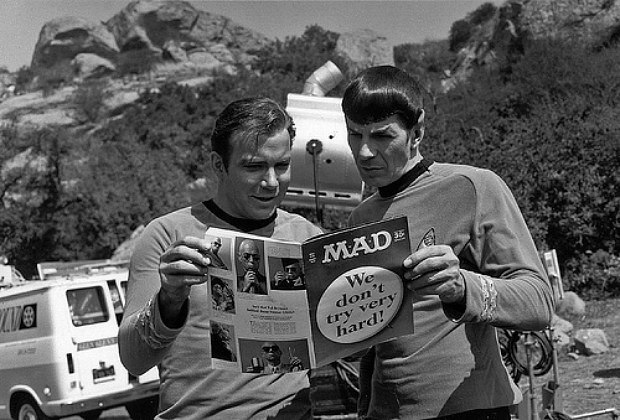An Economist article about Richard Thaler’s new book, Misbehaving: The Making of Behavioral Economics, looks at how this sub-field of the dismal science still receives resistance when applied beyond the granular level, when looking at the illogic of the broader economy as opposed to the folly of the individual. The opening:
CAB drivers have good days and bad days, depending on the weather or special events such as a convention. If they were rational, they would work hardest on the good days (to maximise their take) but give up early when fares are few and far between. In fact, they do the opposite. It seems they have a mental target for their desired daily income and they work long enough to reach it, even though that means working longer on slow days and going home early when fares are plentiful.
Human beings are not always logical. We treat windfall gains differently from our monthly salary. We value things that we already own more highly than equivalent things we could easily buy. Our responses to questions depends very much on how the issue is framed: we think surcharges on credit-card payments are unfair, but believe a discount for paying with cash is reasonable.
None of these foibles will be a surprise to, well, humans. But they are not allowed for in many macroeconomic models, which tend to assume people actually come from the planet Vulcan, all coolly maximising their utility at every stage. Over the past 30-40 years, in contrast, behavioural economists have explored the way that individuals actually make decisions, and have concluded that we are more Kirk than Spock.•
Tags: Richard Thaler

